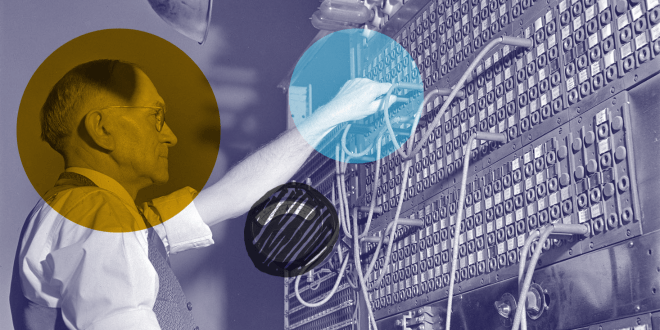Dispatch – January 24-25: Violence in Silence
Police Abuse Incident Shocks Public – Silence of the Lambs: Government Faces Backlash – National Accord: All-Female Visitors in President’s Palace – Strike Ends, Conflict Stays
Time goes by in Georgia, and bad things happen. But however quickly the authorities react, skepticism and criticism grow that the state either is too incompetent to prevent violence or benefits from it. Here is Nini with usual updates from Georgia.
Dispatch is our regular newsletter. Subscribe and find us on Twitter: @DispatchCivil and hear Civil.ge news first on Telegram: https://t.me/CivilGe_Live
ONE OR MANY? Horrific viral footage showing a police officer beating a deaf minor in the Tbilisi subway – with his colleague standing by – shocked the public. The Interior Ministry responded, saying its body is examining the “possible crime” and handed relevant materials to the (soon-to-be-abolished) State Inspector’s Service, which, in turn, launched a probe into police abuse. The two were later detained. But for many, this reaction does not strike the core of the problem.
“Such practice cannot be an isolated case,” said local watchdog Social Justice Center in a statement, recalling other recent reports of police brutality. They said the repressive and violent police is bred by the “closed system and little accountability”, claiming that “the relations of law enforcement bodies to an individual are often based on repression and fear”. Georgia’s Greens have scheduled a rally at the Government Administration against “police state” today at 7 pm, but it is hard to predict how many will come. Facing the barrage of bad news and pandemic, Georgians have been getting comfortably numb for some time now.
SILENCE OF THE LAMBS The ruling Georgian Dream faces backlash over staying mum on Ukraine, as fears of Russian invasion mount. After sporadic calls, the opposition MPs came together to table a resolution in Ukraine’s support. So far, GD MPs have acted confused – mostly claiming that the government has done its job behind the scenes, but hesitant to join the opposition proposal. The silence at the top – particularly from Prime Minister Irakli Garibashvili – has raised the most persistent questions. Read more about discussions here.
MEN STAY AT HOME? President Salome Zurabishvili keeps herself busy with the so-called National Accord process she initiated later last year to overcome polarization in the country. After having invited the representatives of various political or social groups in separate meetings, the President now seems to be trying to bring together the members of various parties. On January 24, she hosted an all-female group of visitors including opposition MP Anna Natsvlishvili (Lelo), opposition politician Eka Beselia, ruling party MP Nino Tsilosani, and Eka Gigauri – head of Transparency International Georgia, major local watchdog. We do not know whether the all-women composition was deliberate and the President sees it as an easier start for dialogue – we have to take a look at other groups of visitors first.
LABOR AND OTHER MISUNDERSTANDINGS The workers of Social Service Agency, a state body, ended their 5-days strike with demands partially met, including 40-60% pay rise, 1-year labor contracts instead of monthly extended agreements, paid maternity leaves, and transportation for social agents who had to independently cover work-related travel expenses. This is less than the workers demanded but far more than they had. In a larger trend of labor actions that has been unfolding for over the year, this one stood out by taking place in a state agency and women-dominated field. But are the employers the workers’ only power problem? There might be more: before the finale, a sort of a conflict unfolded after Georgian Trade Unions Confederation (GTUC), the country’s largest labor organization uniting 21 smaller unions and up to 150,000 workers nationwide, offered Agency workers its assistance, saying some of them have already approached the confederation.
It also offered to bring up the issue within the Tripartite Commission of Social Partnership, a body chaired by the Prime Minister and bringing together representatives of trade unions, employers’ associations, and government, with functions including discussing labor-related issues and promoting dialogue among relevant stakeholders. But the New Confederation of Independent Unions (NCIU), a younger labor organization, was not happy hearing the supportive message, saying in a statement that the Agency workers have organized under Solidarity Network, an independent labor union of healthcare and service sector workers which is part of NCIU, and the GTUC extending the helping hand was, in reality, a “non-collegial, unethical move” and an attempt to split the unionized workers and create confusion. The statement also alleged that GTUC was trying to manipulate workers with the lever of being in the Tripartite Commission, while also effectively blocking the NCIU from accessing the platform itself since 2020.
That’s the full lid for today. Join us every Tuesday and Friday for the tongue-in-cheek coverage of Georgia’s political life.
